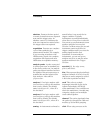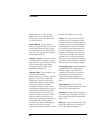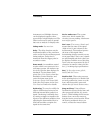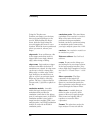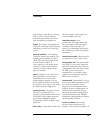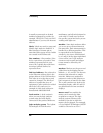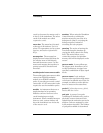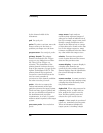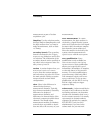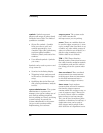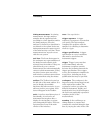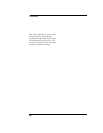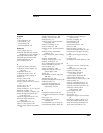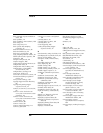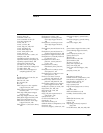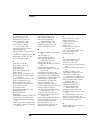
219
Glossary
measurement as part of its data
acquisition cycle.
Sampling Use the selections under
the logic analyzer Sampling tab to tell
the logic analyzer how you want to
make measurements, such as State
vs. Timing.
secondary branch The secondary
branch is indicated in the Trigger
sequence step dialog box as the Else
on selection. The destination of the
secondary branch can be specified as
any other active sequence state. See
also primary branch.
session A session begins when you
start a local session or remote
session from the session manager,
and ends when you select Exit from
the main window. Exiting a session
returns all tools to their initial
configurations.
skew Skew is the difference in
channel delays between
measurement channels. Typically,
skew between modules is caused by
differences in designs of
measurement channels, and
differences in characteristics of the
electronic components within those
channels. You should adjust
measurement modules to eliminate
as much skew as possible so that it
does not affect the accuracy of your
measurements.
state measurement In a state
measurement, the logic analyzer is
clocked by a signal from the system
under test. Each time the clock signal
becomes valid, the analyzer samples
data from the system under test.
Since the analyzer is clocked by the
system, state measurements are
synchronous with the test system.
store qualification Store
qualification is only available in a
state measurement, not timing
measurements. Store qualification
allows you to specify the type of
information (all samples, no samples,
or selected states) to be stored in
memory. Use store qualification to
prevent memory from being filled
with unwanted activity such as no-
ops or wait-loops. To set up store
qualification, use the While storing
field in a logic analyzer trigger
sequence dialog.
subnet mask A subnet mask blocks
out part of an IP address so that the
networking software can determine
whether the destination host is on a
local or remote network. It is usually
represented as decimal numbers
separated by periods; for example,
255.255.255.0. Ask your LAN
administrator if you need a the
subnet mask for your network.



